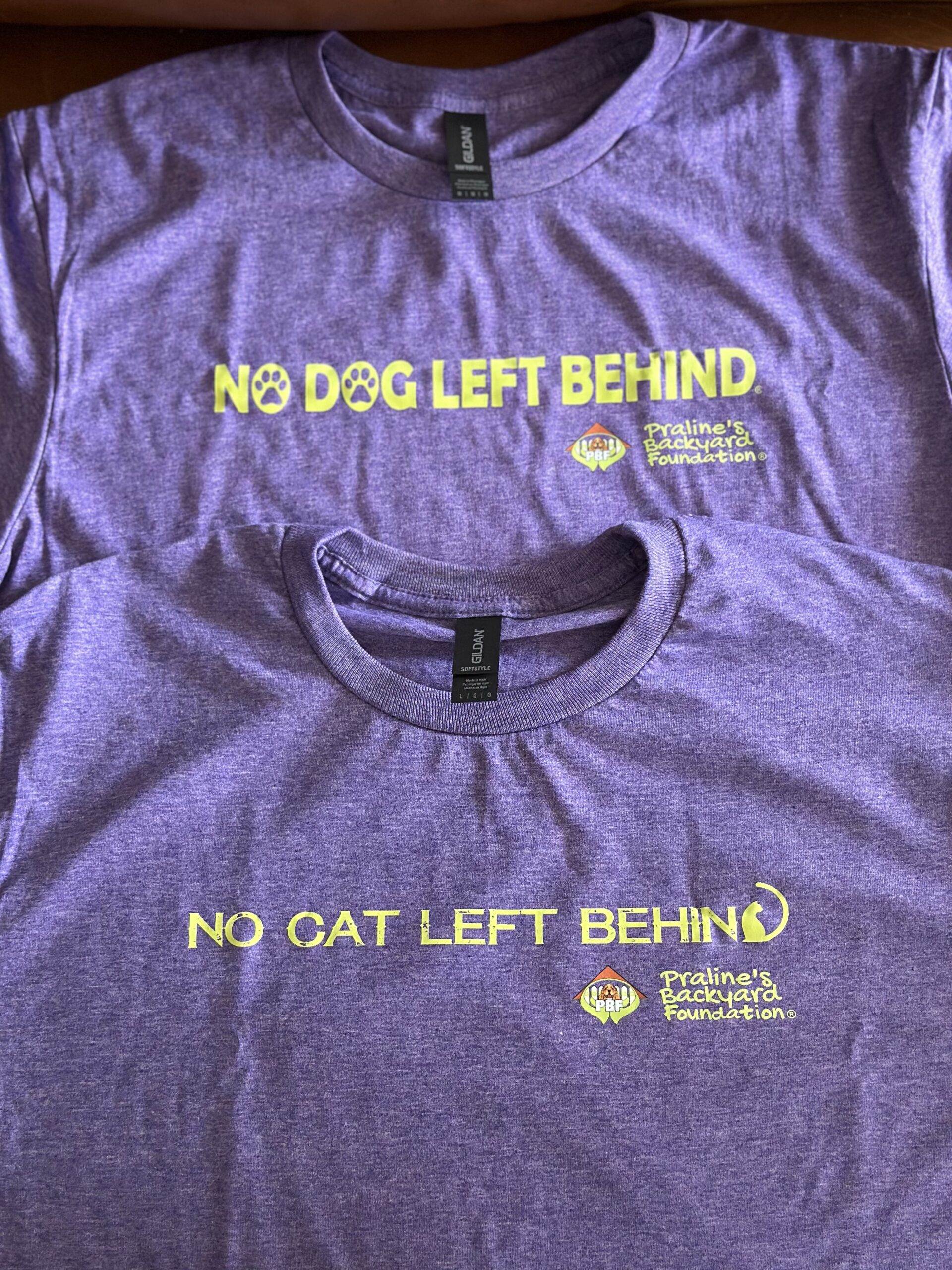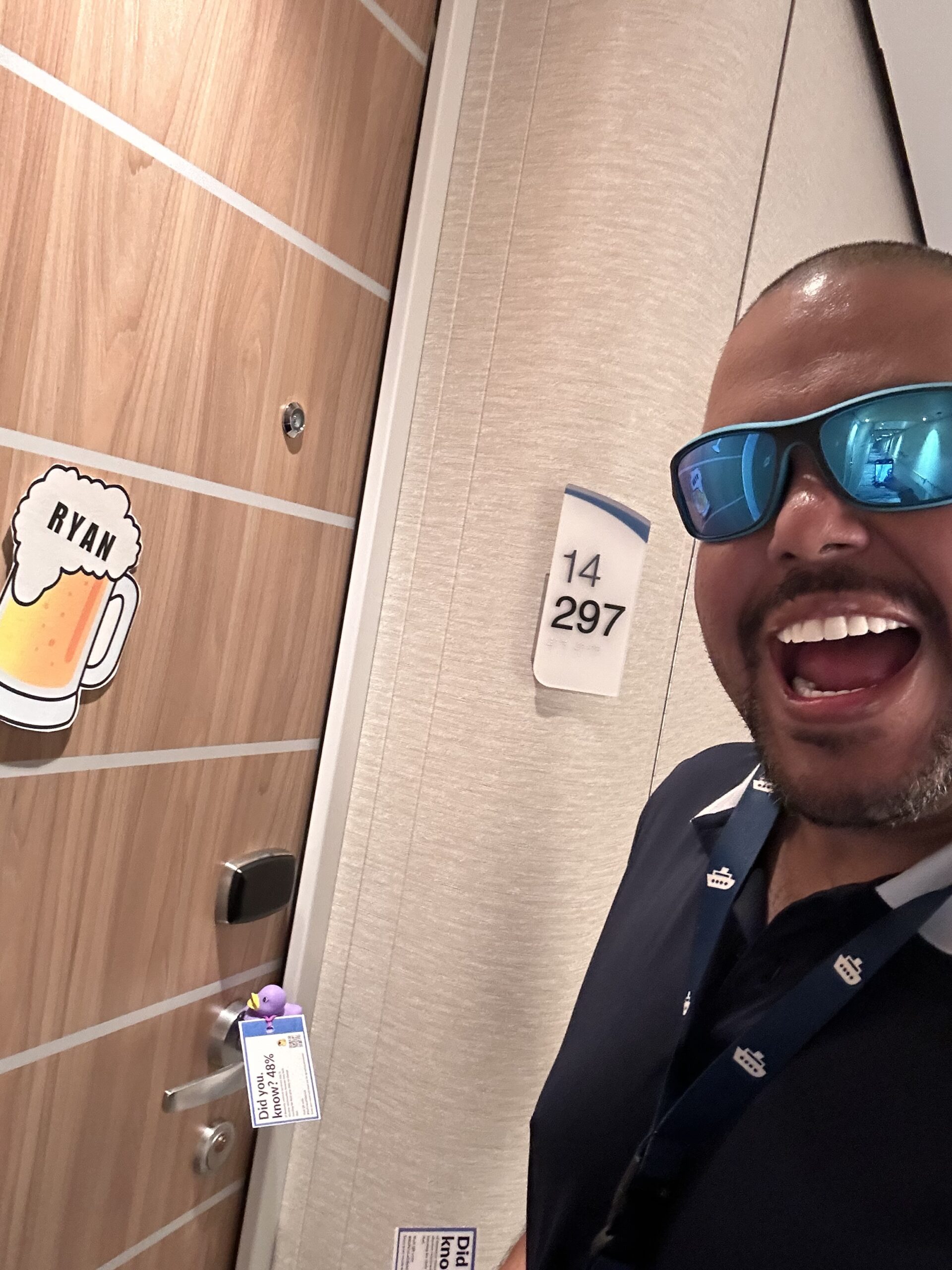SARASOTA, Fla. (WWSB) – National statistics show one in four women in the U.S. will experience domestic violence at some point during their lives.
The nonprofit agency in Sarasota and DeSoto counties certified to handle such cases says it’s no different on the Suncoast.
“It really is a public health epidemic,” said Jessica Hays, president and CEO of the Safe Place and Rape Crisis Center, or SPARCC. She recently was a guest on ABC7′s podcast, “The Lead.”
Hays said SPARCC’s emergency hotline fielded about 3,000 calls last year and provided emergency shelter for “a couple hundred people.”
“I usually tell people, you don’t want to know what we know,” she said. “It’s every demographic. There’s no neighborhood that’s exempt from it’s from domestic violence. We serve everyone from the people that we’ve run into every day to members of your family, your friends, people you knew from college.”
Along with the hotline and shelter, SPARCC provides crisis counseling and therapy. The agency also has two attorneys on staff that can represent survivors of domestic violence or sexual assault free of charge in getting an injunction for protection.
SPARCC also provides training to local law enforcement agencies, including the Venice and North Port police departments.
“We have children and youth services, support groups, and we do a lot of prevention, education and community outreach because really we’d love to put ourselves out of a job,” Hays said.
“It’s a vast problem that’s not going anywhere anytime soon.”
Domestic violence defined
Hays says signs of trouble can be subtle. “We look when there’s an imbalance of power and control, when one person seeks to control another person,” she observed. “Obviously it is physical violence. It’s what people first think of. But it can be emotional abuse, financial abuse, isolation.”
There are a lot of tactics that are used to create an imbalance of power, where one person essentially controls the other person’s access to resources.
Hays says often times, hotline callers aren’t sure what’s happening. “That initial meeting, whether it’s in person or over the phone … sometimes people come to us and say, ‘well, I don’t really know what I’m experiencing.’”
“Then we start talking to them about the different dynamics, and and they start to say like, ‘oh, you mean everybody’s not restricted by what times they can eat dinner?’ or when you know, it’s those things that become normal to you, when you love someone and it becomes coping.
“And, so we’re able to do that crisis intervention and talk through support and say, you know, this isn’t your fault.”
A personal story
Monica Medina witnessed her stepfather’s abuse of her mother for more than a decade. After a long court battle, the Suncoast resident and life coach wrote a book, “The Third Return,” about her experience.
“I was witness to my mother’s abuse by my stepfather from the age of 3, all the way up until 17,” she said. “And during that time, there was a lot of turmoil and fear and uncertainty that dictated our lives. And it went on for quite a long time.”
Medina said the criminal case against her stepfather took seven years to resolve. “I really wanted to write this book because it was finally over for me and I could see a new light at the end of the tunnel, and realize how how disrupted that past really was. So, I wanted to write that book to inspire other people and to heal, truly.”
The title of the book, “The Third Return,” comes from victims’ struggle to leave an abusive relationship. “It really dawned on me that in domestic violence, there’s a lot of leaving and returning to the situation,” she said.
“So I don’t know the statistics on it, but there were three times, specifically, that my mom attempted to leave the situation and then ultimately returned.”
Hays noted that phenomenon is very common and prompts the one question everyone asks: Why don’t victims of domestic abuse just leave?
“They want to leave. They may go to a shelter, but then they go back,” Hays said.
Hays says victims often have to weigh safety against security. A victim may want to leave, “but I know I’m going to have a place for my kids to sleep, but I’m going to have food and I’m going to not be homeless,” Hays said.
“That’s a huge thing. It’s very expensive to live here. And so to leave, many times when you’re in an abusive relationship, you’ve been isolated from your resources, your support, your family, your friends.”
Once a victim decides to leave, it can be a dangerous time. “The statistics show that leaving is the most lethal time — It is the highest risk,” Hays said.
Prosecution can be tough, traumatizing
After a victim leaves an abusive situation, prosecuting the alleged abuser presents its own set of problems.
“I would say that they are very difficult cases,” said SPARCC board member Patrick Duggan.
Duggan, who has law enforcement and prosecutor’s office experience, says cases are tough because, typically, they are not cases with a lot of witnesses.
“When a prosecutor has a burden to prove a case beyond a reasonable doubt, which is a very high standard under the law, the lack of witnesses and corroborating evidence oftentimes can be a difficult obstacle,” he noted.
“The other thing is, that I think a lot of times from my personal experience, the victim has to be ready emotionally to go to court, which can be daunting to them.
“It’s very easy for them to be revictimized during that process, and they have to be in the right frame of mind to be able to do that,” Duggan said. “So there are a lot of obstacles to obtaining a conviction in a court-based situation.”
Medina said her experience in court was traumatic. “Finally getting into court and, you know, being the first to take the stand and testify against my stepfather was something I never thought I’d have to do,” she said.
“But it was thankfully, you know, victorious for our family and well worth the wait as he was convicted to life in prison,” she recalled. “So we did have that blessing. But was it took a long time to get there.”
What can the community do?
SPARCC partners with many other nonprofits on the Suncoast, but Hays says there are a lot of ways to help.
SPARCC runs a thrift store where all of the proceeds support programs and services.
People can also join the Spark Auxiliary, which is a fundraising group of volunteers that gets together and puts on different activities and events throughout the community that raise awareness and funds.
“And then we have direct service positions for those who really want delve into a significant amount of training. so that they can provide a more hands on volunteer experience,” Hays said.
But perhaps even more importantly, she says, is being able to openly discuss the issue. “Many people think it affects other people. It’s, you know, I might have known somebody that was affected, but really, we all know someone who has been affected or is being affected by it. So I think the first thing is to acknowledge it’s not taboo.
“There’s so much as a community we can do, from parenting and teaching our kids about healthy relationships and having good boundaries, and their relationships to our community leaders being involved.”
Medina said educating people is key. “I’d never heard the term domestic violence until I was 15 years old. And that’s too long, given that it ended when I was 17.”
“There are many ways to ask someone if they need help,” Medina said. “Gently and kindly and compassionately. There are ways, you know, you don’t have to feel like that is off-limits. There’s plenty of opportunity and ways to go about that.”
Duggan says the agency’s work goes on after Domestic Violence Awareness Month ended Oct. 31. “I can’t emphasize enough to our community the need to have awareness that this is a 12-month, 365-day, 24-hour, seven-day-a-week issue,” he said.
“While it’s uncomfortable to think about, having an awareness of how broad in scope the problem is will go a long way toward addressing it.”



